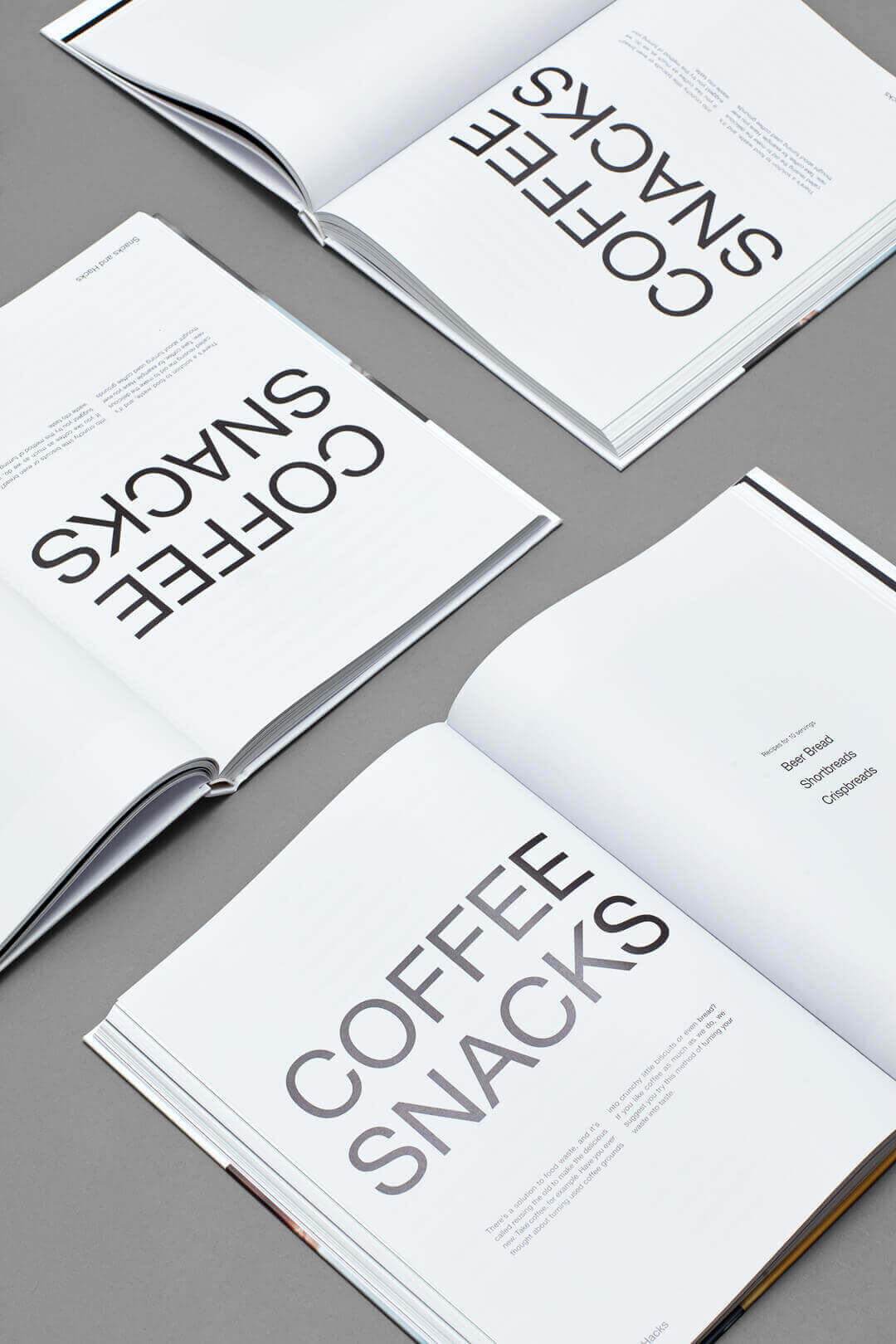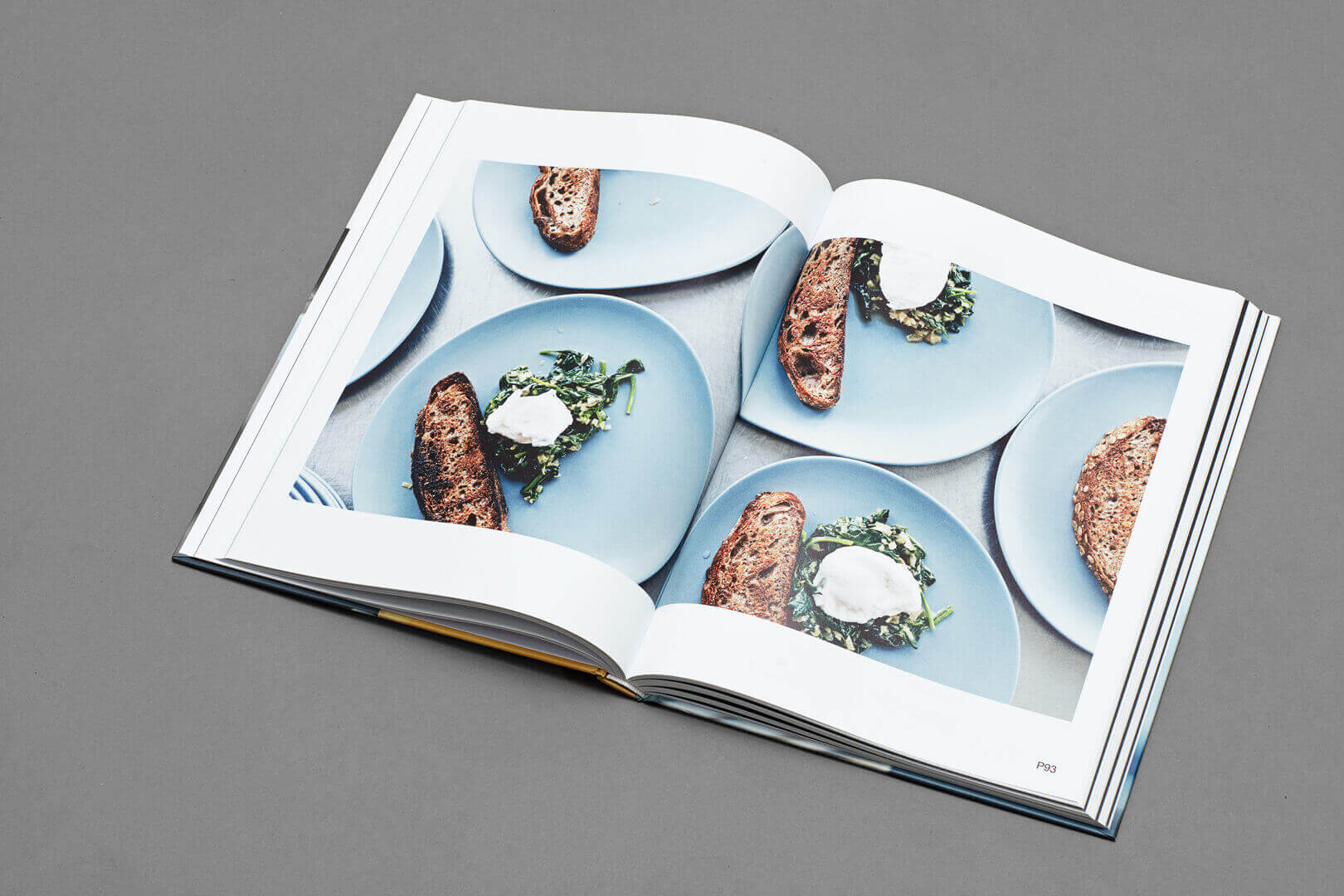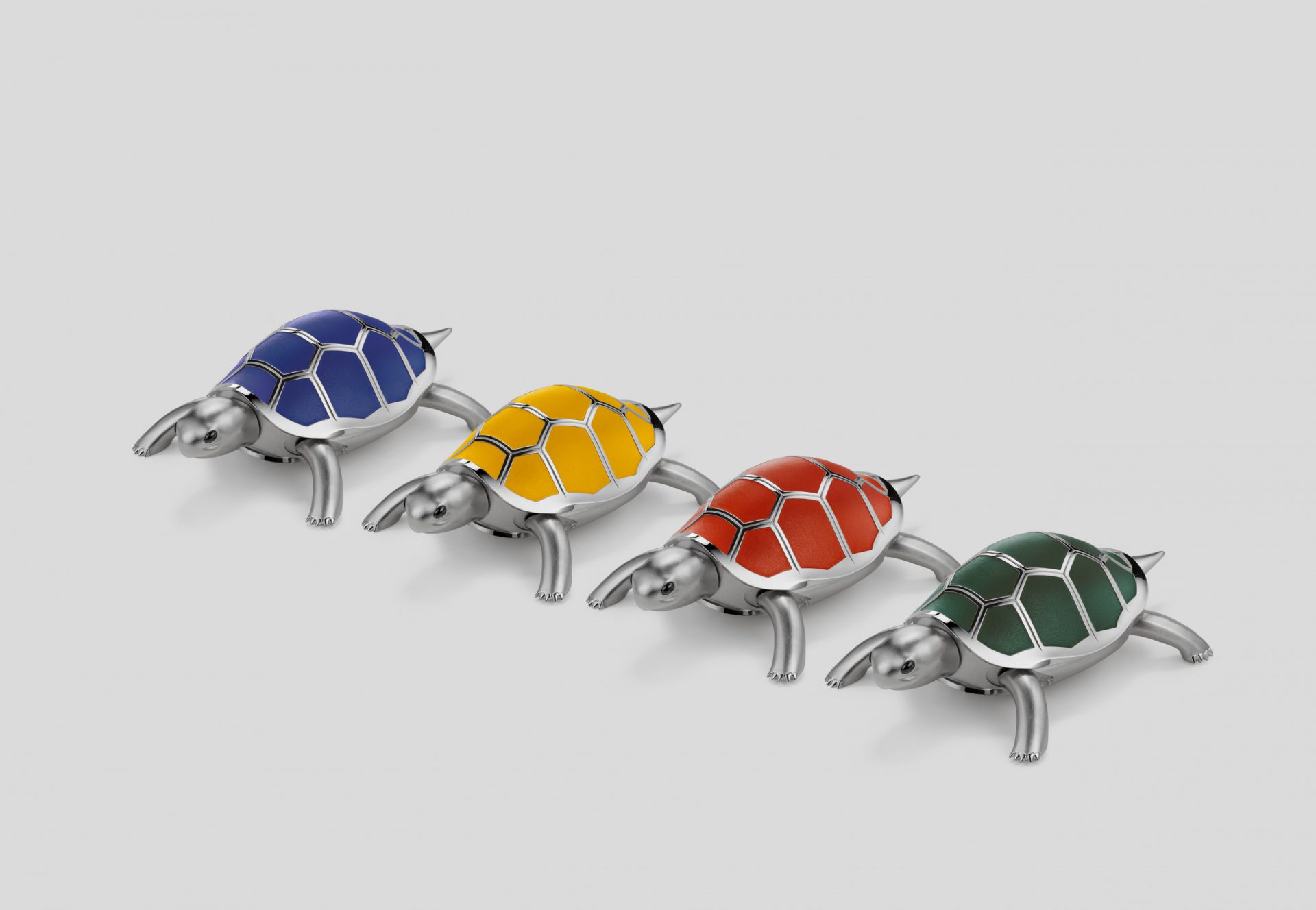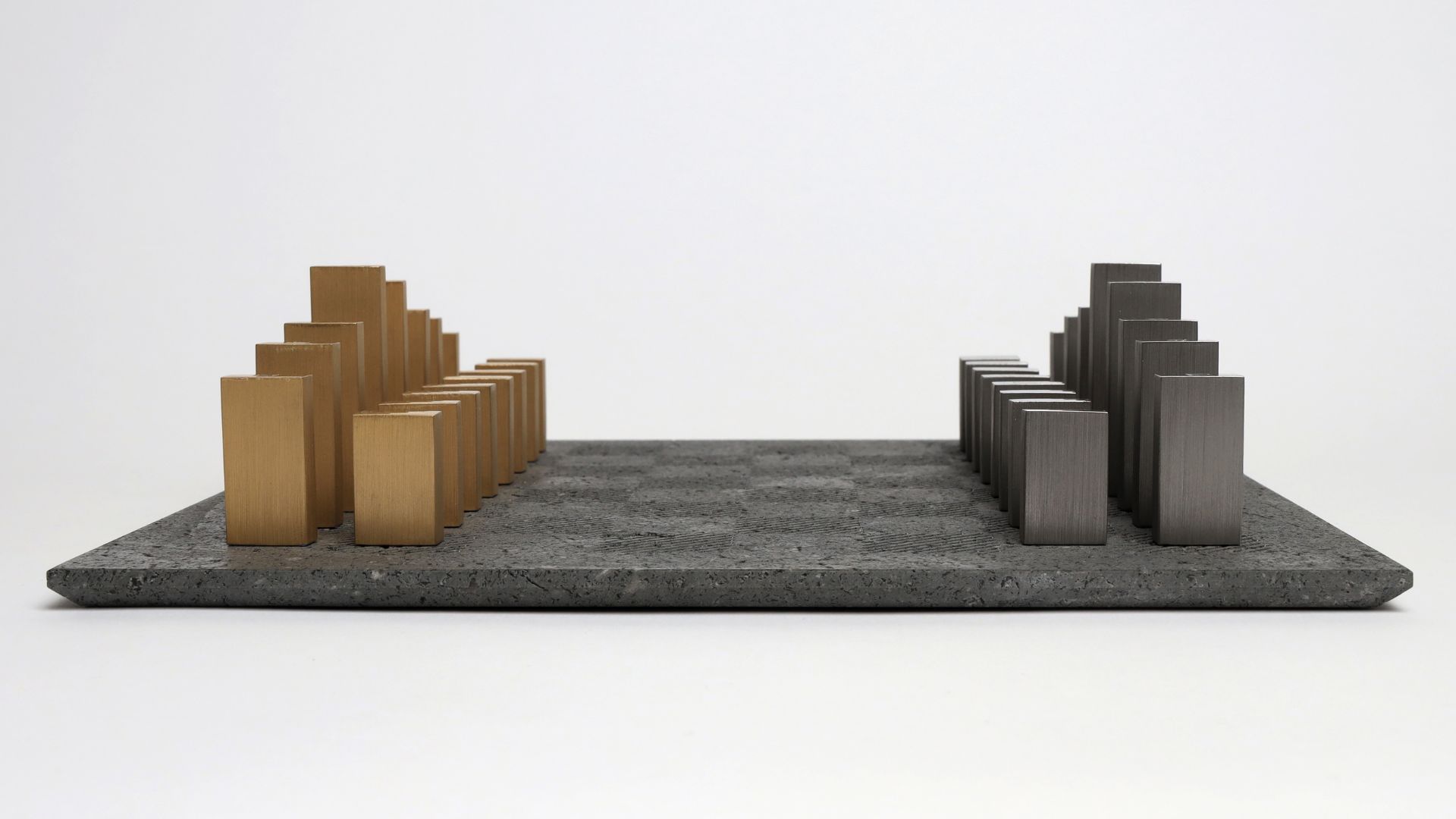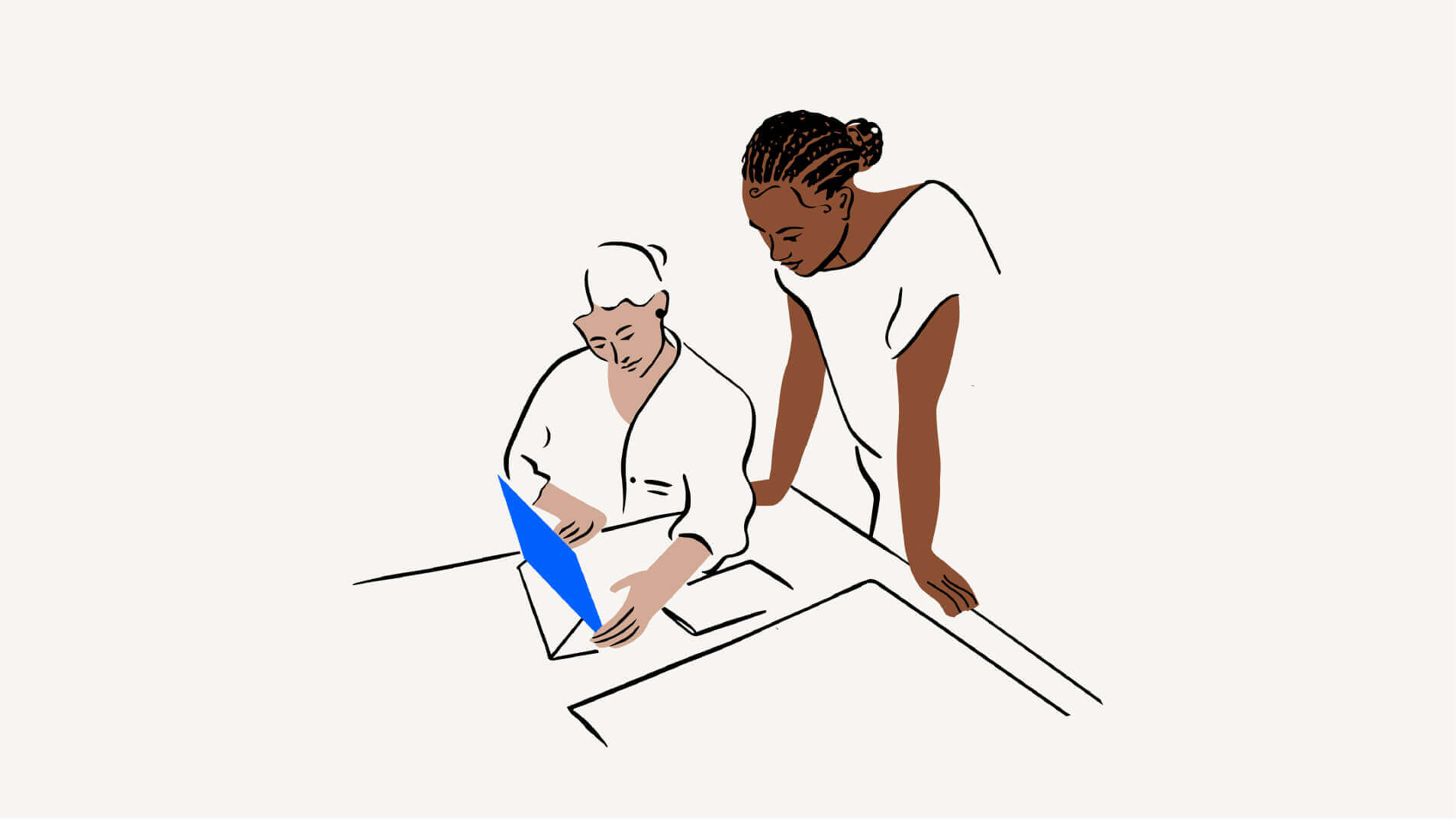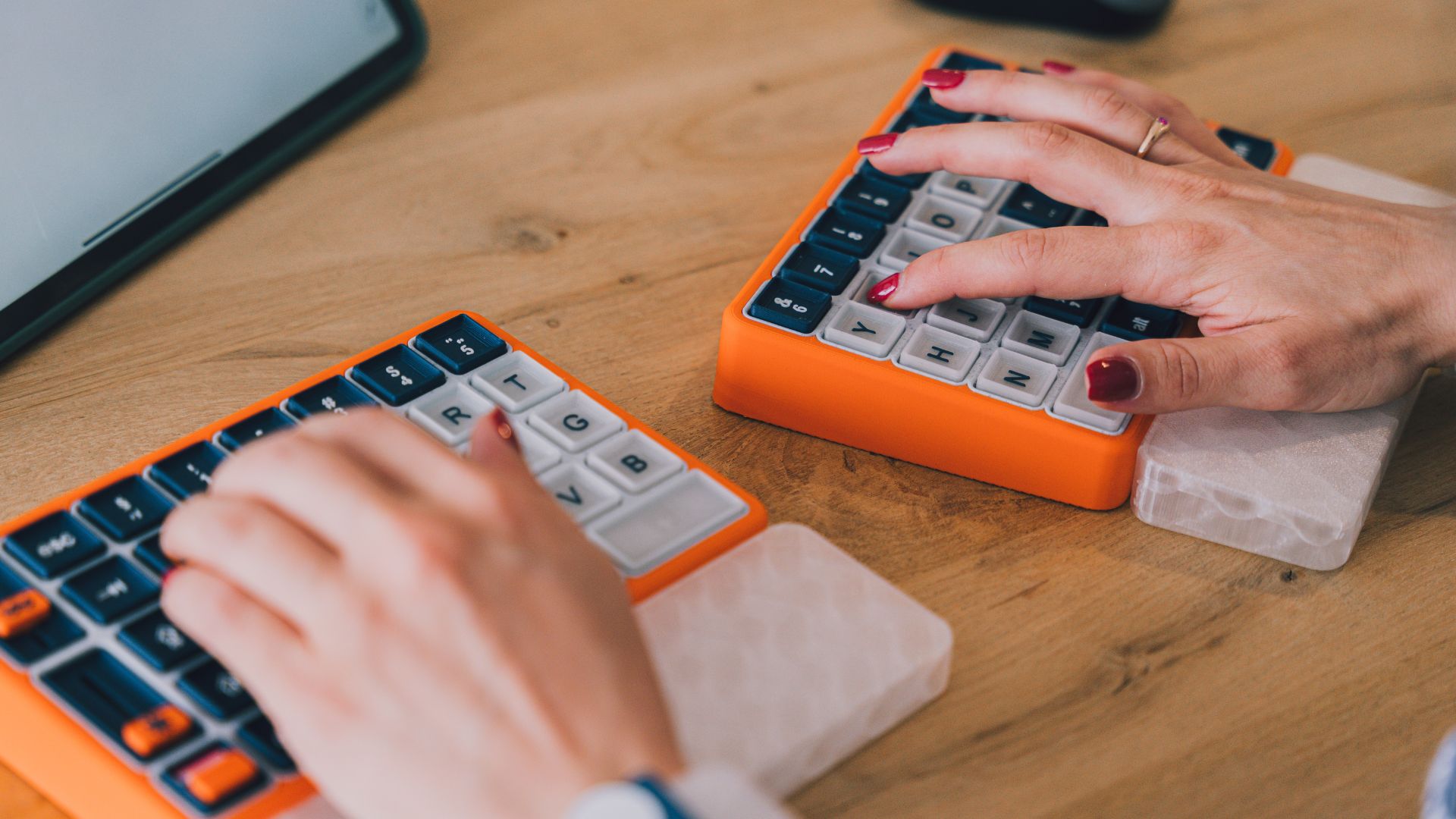The visionary nature of research and design lab, SPACE10
With a mission to improve the life of people and the planet through innovative and creative solutions, SPACE10 is shaping the world people want to live in.
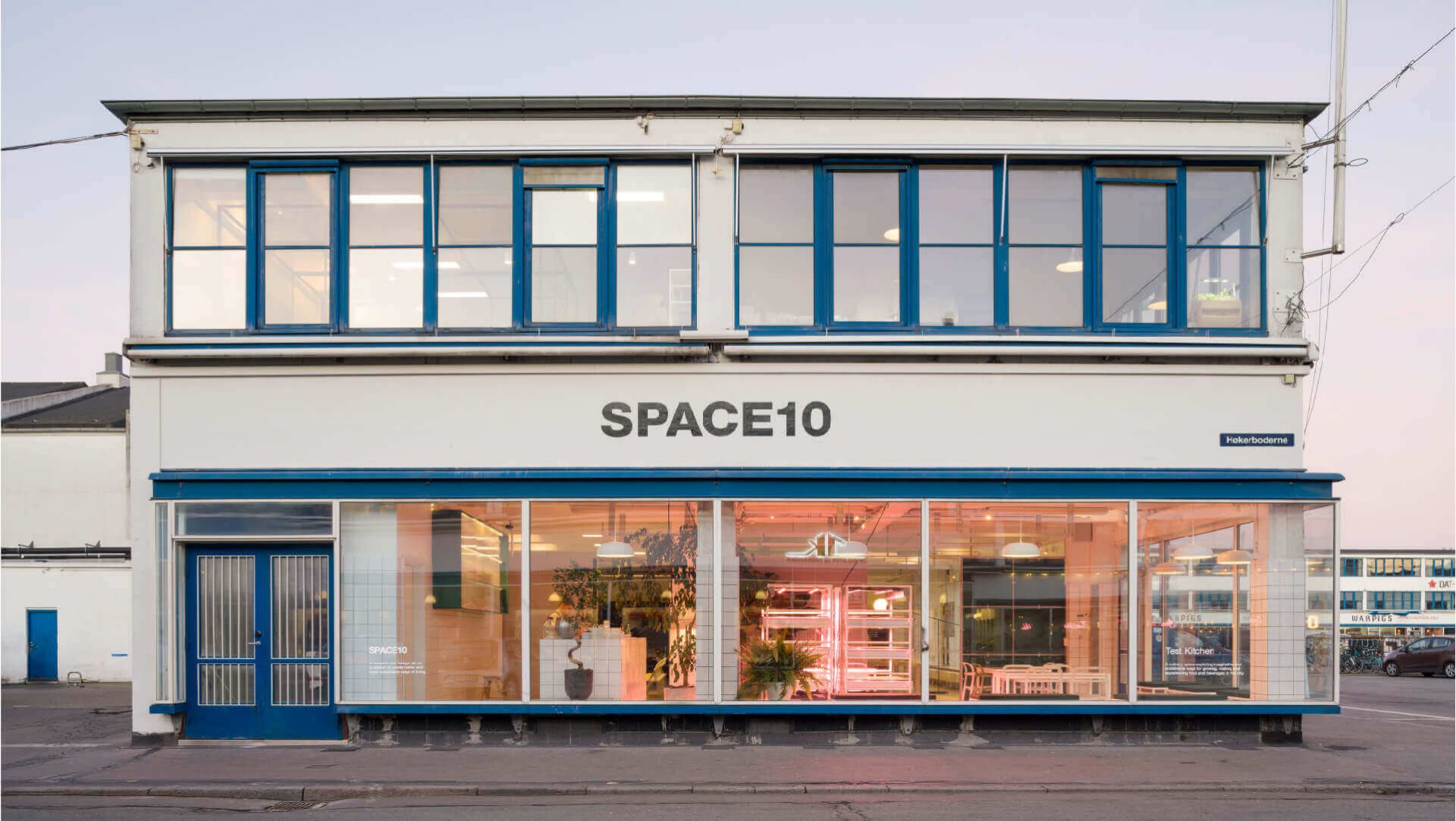
Located in Copenhagen’s meatpacking district in a former fish factory, there is an oasis for designers, artists, scientists, and creatives of all backgrounds where design nirvana can be reached, a place known as SPACE10. With a flexible, adaptable, and cross-functional workspace, this research and design lab is on a mission to create a better everyday life for people and the planet.
Proudly supported by and dedicated to IKEA, SPACE10 focuses on researching and designing innovative solutions to some of the major societal changes expected to affect us and our planet in the future. Their incredibly collaborative approach and their aim to surround themselves with an ever-growing community of experts and creatives from multiple fields and from all over the world enables them to design, develop, and produce solutions that enhance our lives while maintaining focus on important aspects such as inclusivity, sustainability, circularity, and self-sustaining societies.
Among these incredible creatives and leading the design of digital products and experiences at SPACE10, we find Digital Design Lead Tommy Campbell. DesignWanted had the opportunity to interview the Canada-born designer and find out more about SPACE10, its creative process, how they see the future, and what is next for this vibrant communal hub.
Gallery
Open full width
Open full width
How did the journey for SPACE10 begin?
Tommy Campbell:
“It all began when Inter IKEA Group CEO Torbjörn Lööf reached out to SPACE10’s co-founder Carla Cammilla Hjort, to discuss co-strategising a better future for IKEA. They had gotten acquainted through an earlier collaboration on a limited product series for IKEA. Carla and fellow co-founder Simon Caspersen pitched the idea of setting up an external and self-governing research and design lab to work exclusively for IKEA to explore new ways of fulfilling IKEA’s overall vision of creating a better everyday life for the many people.
SPACE10 shouldn’t focus on the IKEA we know today, but for what IKEA could be tomorrow. Torbjörn Lööf loved the idea and Carla and Simon brought in Guillaume Charny-Brunet and Kaave Pour to conceptualise the idea further and to materialise it as SPACE10 as we know it today, where SPACE10 has evolved from a group of four founders to a team of 25 people from 15 different countries with backgrounds ranging from aerospace engineering to anthropology, from food design to computer science, and from architecture to digital design – creating a truly diverse and value-driven team of innovators.
What SPACE10 brings to IKEA is an outside-in approach to innovation, and another possibility to pursue radical solutions, beyond what might come intuitively to the IKEA organisation of today. We’re set up as an external and independent research and design lab, yet we are entirely dedicated to IKEA. We look into new directions and contribute to making IKEA on the forefront and ready for change – which seems to be the only constant in the fast paced world we live in.”

Why SPACE10? Why focus on research and design innovation to create a better everyday life for people and the planet?
Tommy Campbell:
“Well, we humans are hurtling down a path to a catastrophic collapse of the very ecosystems on which human livelihoods, economies, food security, health and quality of life depends on, so the next ten years is the most critical decade in human history. The need for true innovation has never been more profound than now.
This critical condition is a starting place for our work at SPACE10. We work to create lasting change. We want to enable humans to thrive – and in a way that simultaneously reduces humans’ impact on the planet. We want to make everyday life better, easier, simpler, more equal, playful and circular through designing bold, visionary solutions that IKEA can make accessible for the many. That is such a humbling and inspiring position to be in.
We have the privilege to work with people who are smarter than us and IKEA’s support to research and design solutions to some of the major shifts expected to affect people and the planet in the coming decade: from rapid urbanisation and the scarcity of natural resources, to an accelerating climate crisis to the most promising avenues of emerging technology. And by being backed by IKEA; we actually have the power to transform those bold visions into reality and scale it globally – and not for the lucky privileged few, but for the many. SPACE10’s mission is to design appropriate responses to these transcendent changes and be part of shaping societies that people thrive in.”
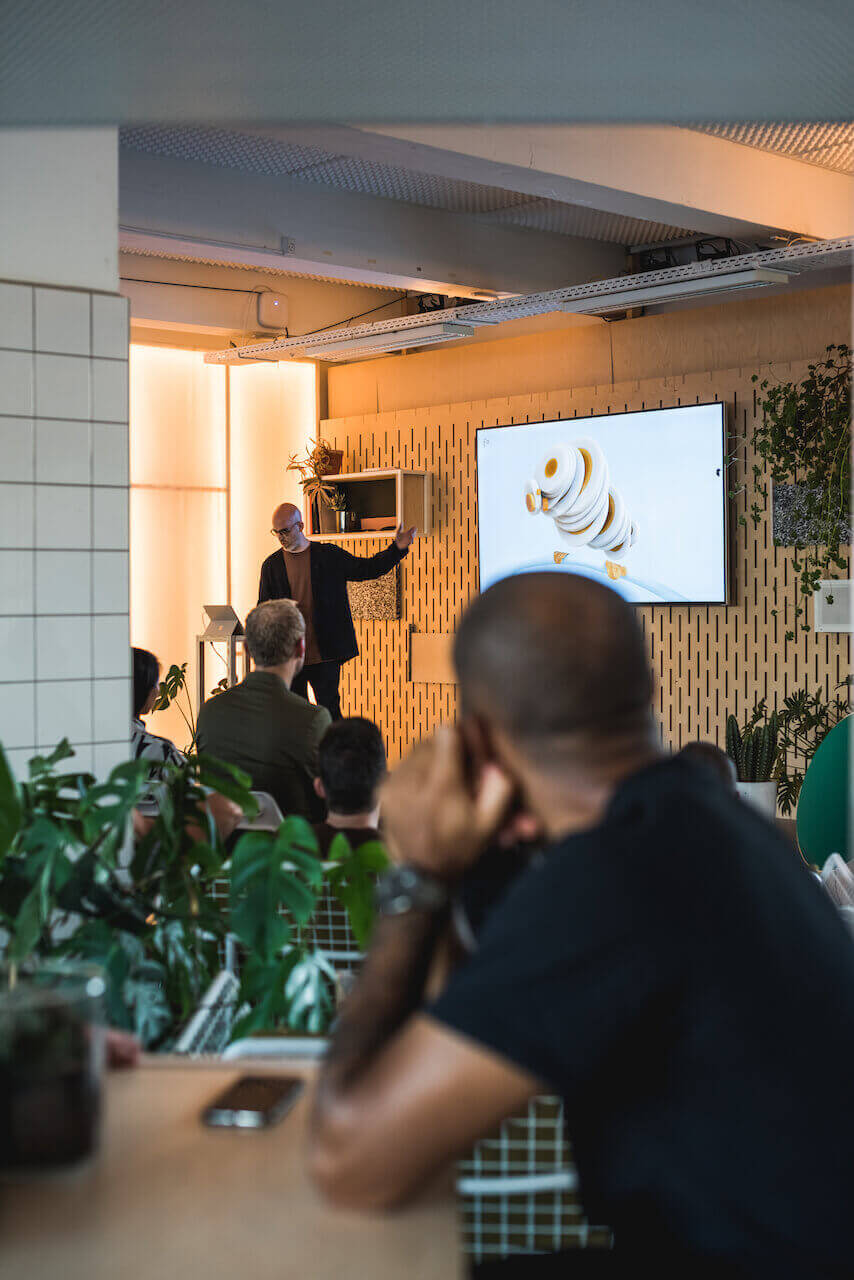
SPACE10 prioritizes a collaborative approach and strives to surround themselves with creatives that share the same research and ideas. Which are the main values, core concepts, or style inclinations that, above all, will always represent SPACE10?
Tommy Campbell:
“After having collaborated with hundreds of talented partners over the years, we can safely say that if we’re the smartest person in the room – we’re simply in the wrong room. We value humility and curiosity in the highest sense. Ideas are not proprietary secrets to be hidden behind lock and key so much as they are living, breathing things that need oxygen and discussion to really flourish.
We work with a global, creative network of experts and forward-thinking partners who can challenge us on our ideas and improve them via collaboration. We always try to judge our work by how it performs for someone else in their everyday life. A specific style or form factor will always be less important to us than making things that just simply work for people.”

Your projects are inclusive, circular, and digitally-enabled solutions for people and the planet. What is a day like in SPACE10? Can you describe the general process of your creations for start to the final output?
Tommy Campbell:
“We work on a variety of projects that cover many different mediums and fields. Whether it’s blockchain technology and solar power, or augmented reality and machine learning – our project processes need to be flexible enough to adapt accordingly. Nonetheless, a few commonalities between all our projects do exist.
The starting point is always to address the bigger changes expected to affect people and planet in the coming decades. We don’t work in vacuums. We test and try new ideas and solutions in a non-commercial environment to learn what’s working. We storytell and share our work to spark discussions, make ideas stick, and move people to action.”
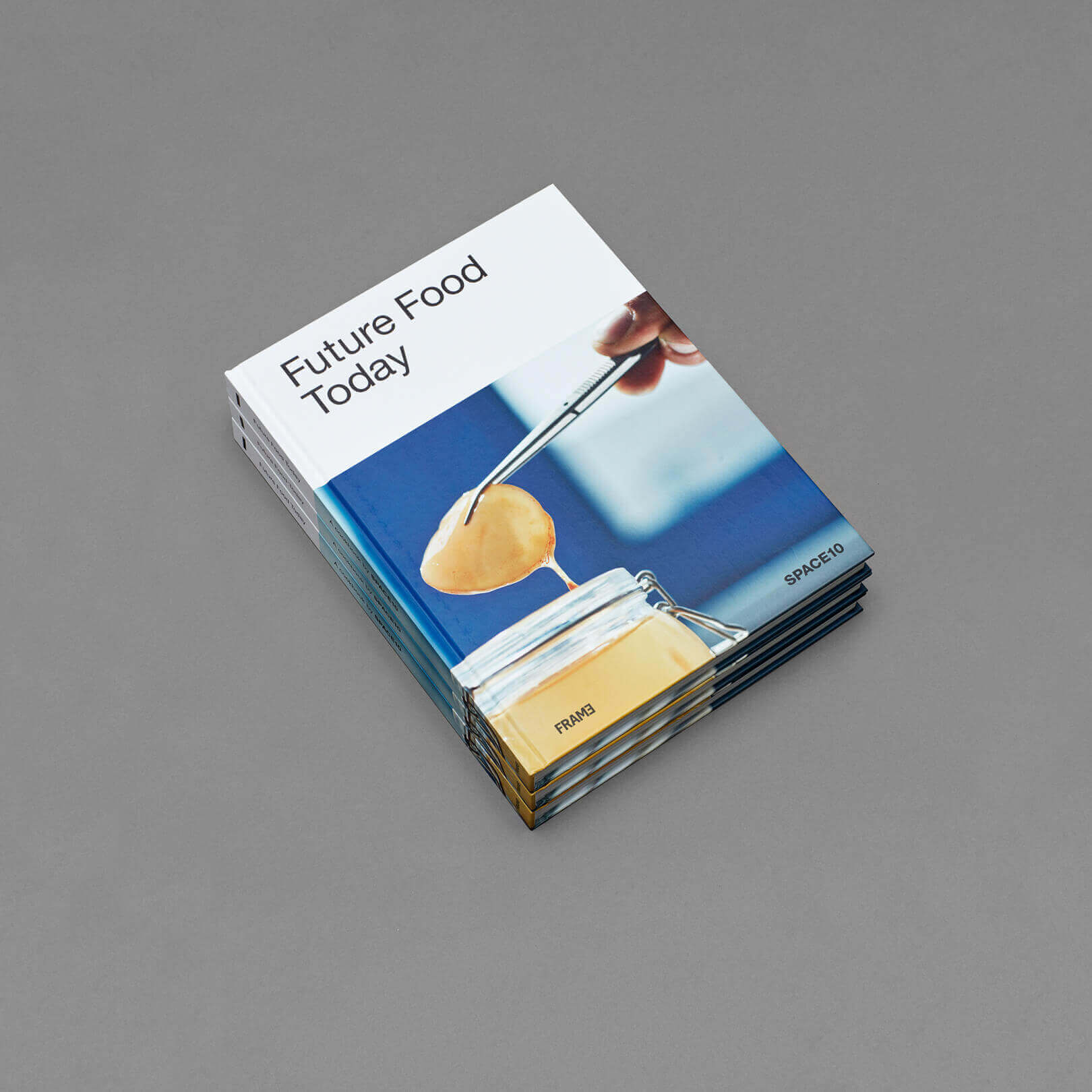
SPACE10 has a plethora of incredibly innovative and thoughtfully designed projects. What are some of the projects you are most proud of? What are they about and what makes them special?
Tommy Campbell:
“I’m endlessly inspired by the work my colleagues have done across so many fascinating disciplines such as designing towards biodiversity with projects like the Bee Home or playfully exploring the future of autonomous mobility with the Spaces on Wheels project or how to rethink our food production with Lokal.
But as a Digital Designer, I would say that I’m personally proudest of the IKEA Place Augmented Reality app our team designed and developed on behalf of IKEA. In 2017, augmented reality was just being released into the world as Apple introduced ARKit 1 soon followed by Android’s ARCore. As if overnight, people everywhere could now place and preview 3D models in their immediate space.
Our team’s focus on crafting an elegant interaction pattern to place, push, remove and swap virtual IKEA furniture in your living room has been inspiring to me ever since. It was an entirely new medium, with no textbook or well-work design patterns. What we managed to accomplish was capturing the uniqueness and delight people expect from IKEA and encode it in an application. Everything was considered, from the hardwood “knock” sound byte of placing a virtual chair, to the subtle animation curves of each button element.”

SPACE10 researches the societal, environmental, and technical shifts likely to impact people’s everyday lives. What are the main trends & future directions within the design world and what do you think of them?
Tommy Campbell:
“We focus on three major shifts that inform all our work:
Societal shifts – The societal changes in the coming decade are complex – from political and economic uncertainty; to a global housing crisis; to an increasing lack of critical resources like food, energy and clean water and people rising up demanding a more fair and equal society to live in.
Environmental Shifts – We are in the middle of a climate emergency and it is accelerating faster than most scientists anticipated. The next ten years will be the most critical decade in human history.
Technological shifts – The pace of technological change is increasing exponentially, which both presents new ethical questions while making us far better equipped to take on the challenges we face.
So in my eyes, the biggest creative challenge we face as designers today, is how we transform our current consumption-oriented economic system into a self-sustaining society – one that is more equal, dignified, happy and human.”
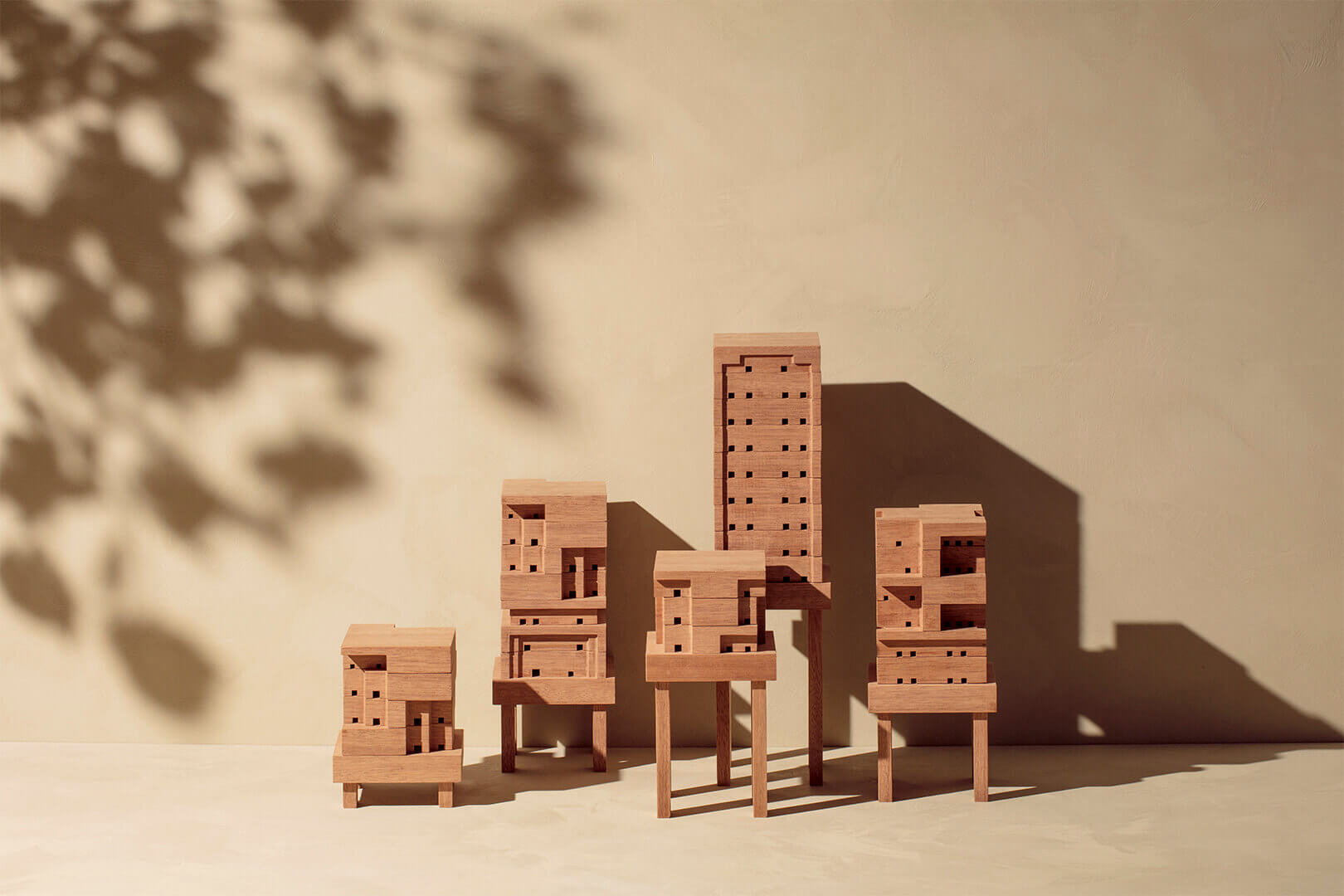
The world looks very different today than it did back in the early 2000s, before the invention and widespread adoption of those little black rectangles in everyone’s pockets. Smartphones have drastically, and irreversibly changed the fabric of our world and society. Our interpersonal communication, finances, mobility, and health are all being designed as fully digital experiences. Such is the result of the era we live in today: the era of mobile computing.
What we’re anticipating is the eventual transition from a mobile computing era to a spatial computing era. When the digital platforms and products we rely on to live our everyday lives become parts of our everyday spaces, not relegated to a single app in a pocketed device. Depth-sensing cameras, holographic glass, hand-tracking, and augmented reality software all point us to believe that Glasses will be a dominant computing platform in the years to come. The designers of spatial computing software will have to carry a deeper understanding of what is patently useful and not just what is sellable. We believe in a future of digital experiences that are crafted to help us lead better everyday lives – more mindful towards the health of ourselves, our homes, and our planet.”

What is next for SPACE10?
Tommy Campbell:
“We have some incredibly exciting projects under development at SPACE10! While the details and designs are ultimately not mine to divulge, I can say we will soon have some highly exciting news to share. We are working on a new book that will be published globally that envisions how we should design and build cities going forward, a new augmented reality application for IKEA and the project I’m currently most thrilled about looks into design solutions for people with the thinnest of wallets – or in fact the people that might not have wallets at all.
This means looking above and beyond traditional home furnishing to meet the needs, and ultimately improve the everyday lives of the many people in the global south like India, Africa and Latin America. There will be an exciting new program of SPACE10 Sessions launching soon (our recurring Zoom events for community conversation). Readers should save themselves an online spot to follow our work and the new projects launching throughout the year.”








